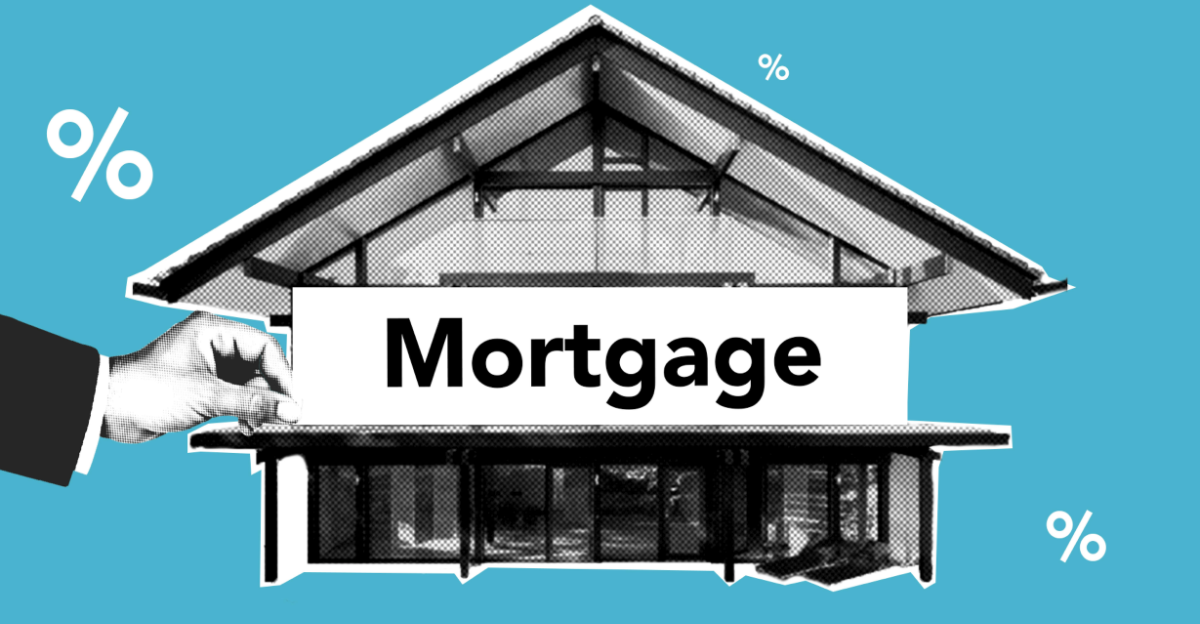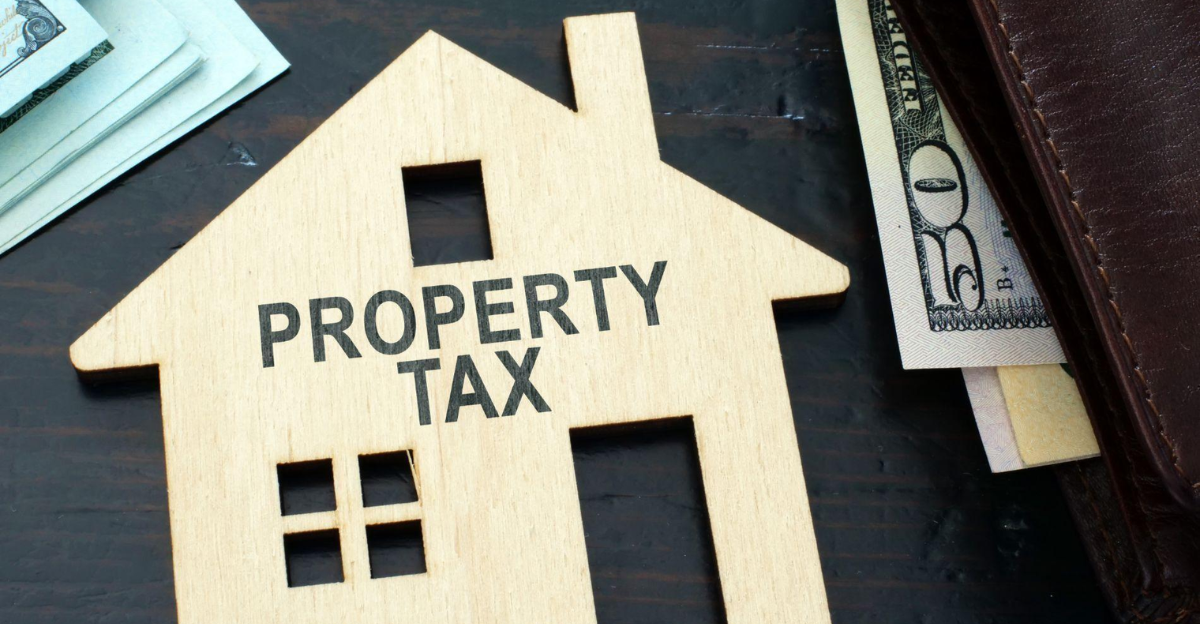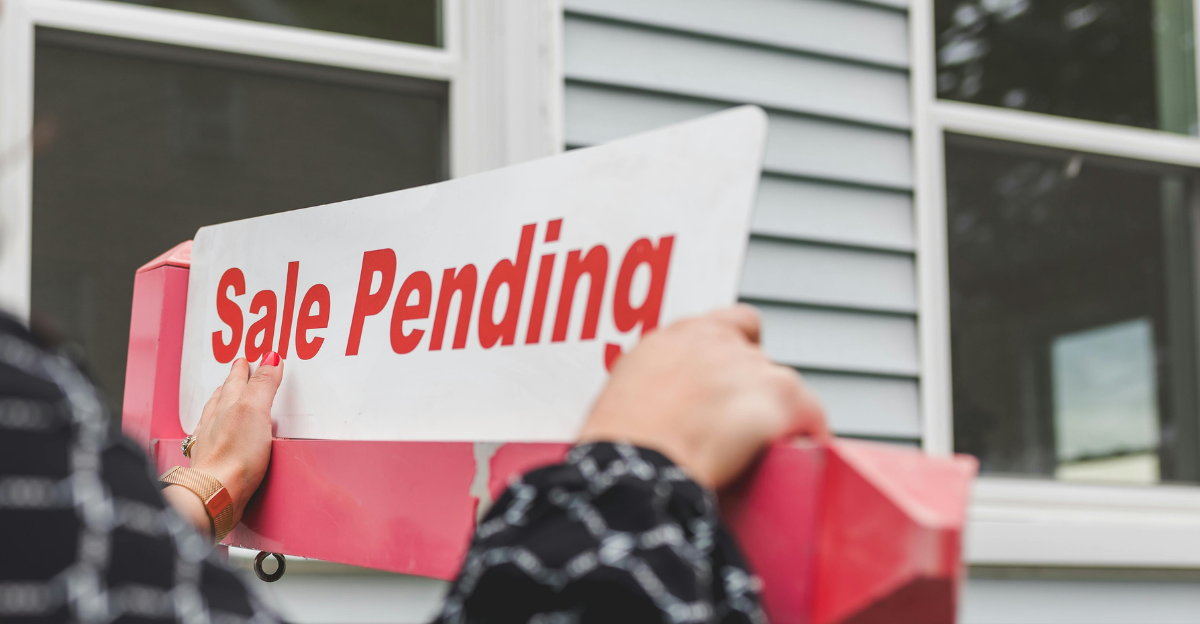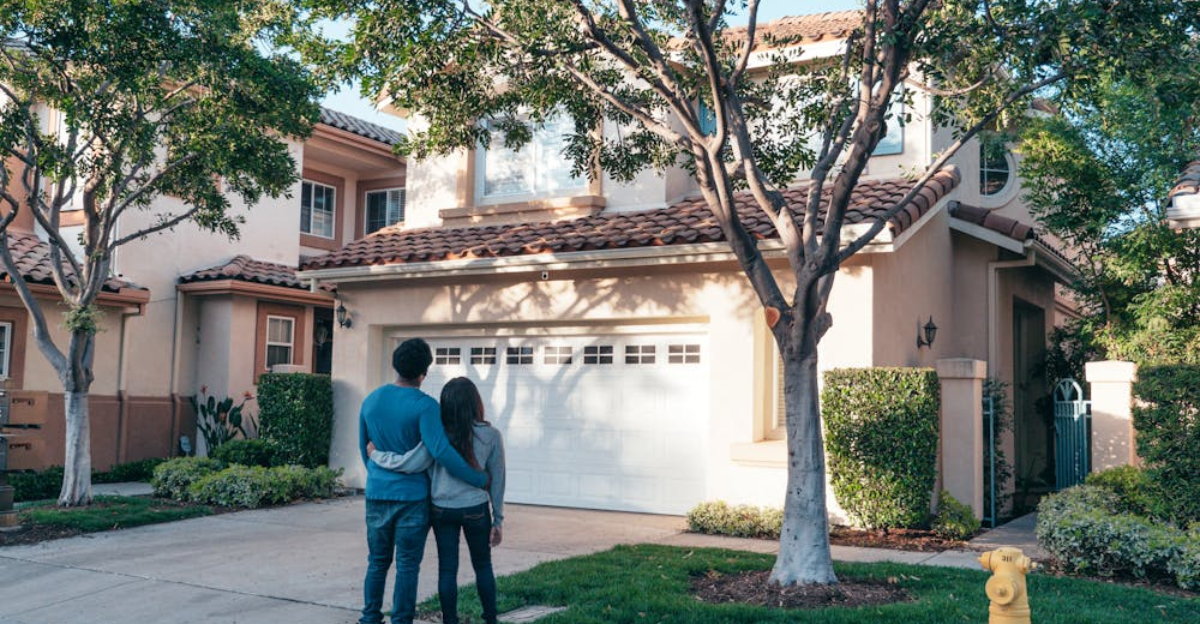
Something unusual is happening in the U.S. housing market. Deals seem to be falling apart at a much faster pace than they used to, and it’s not just first-time buyers who are walking away. Sellers are backing out too.
A Surge in Quiet Exits

It often starts with a pause, a missed call, or a buyer who unexpectedly asks for more time. When these delays start to add up, hesitation starts to rise on both sides. Sellers, for their part, are pulling back their listings and holding out for better offers, unsure whether it’s worth it or they’re just wasting time. This rapidly changing environment has created doubts and deeper tensions in the way Americans are buying and selling homes today.
Signs of Stress Lurking

Although the housing market appears relatively stable on paper, with prices and demand remaining elevated in many regions, there is a growing unease beneath the surface that makes buyers and sellers think twice before their next move. Shifts like this have occurred before, but rarely with so many people stepping away simultaneously. The widespread hesitation is real and has hit even the hottest markets. Austin and Seattle, for example, are reporting more conservative behavior from buyers as well as longer listing times.
Home Deals Collapse at Alarming Rate

By June of this year, more than 57,000 home purchase agreements were canceled in the United States. That amounts to nearly 15% of all homes that went under contract that month, making this the highest cancellation rate for June since 2017. The cancellation rate had already reached almost 15% in May, with discouraged sellers also pulling thousands of homes off the market. Meanwhile, buyers haven’t stopped walking away as costs and economic uncertainty rise. Locking into a long-term loan at a high rate simply seems like a pretty big risk right now.
Mortgage Pressure and Affordability Fears

With mortgage rates hovering around 6.5%, even well-qualified buyers are facing a strain. Many who got into the process hopeful quickly discover that monthly payments are much higher than expected, and that’s why some have backed out even after signing contracts. Sellers haven’t adjusted easily either. Some appear to remain reluctant to lower prices, hoping they can wait out the current dip. But this gets harder, as fewer and fewer buyers seem willing to stretch their budgets. As a result, many listings are sitting longer and causing frustration on both ends of the deal.
Older Homeowners Are Staying Out

For older people, selling a home in this environment has become stressful and intimidating. Homeowners who bought in expensive regions decades ago have seen great appreciation, but selling now could lead to a significant capital gains tax. Under the current situation, the exemption is limited to a set amount for individuals and couples. As that threshold doesn’t seem to keep up with increasing home values, many older homeowners are deciding to hold off on making any moves. Instead, they are keeping larger homes off the market, thus reducing chances for younger families that are looking to buy. Some seniors are choosing to refinance rather than sell, or help their adult children with down payments.
Political Pressure Builds Over Capital Gains

The tax implications of selling a longtime home are drawing attention in Washington. In order to help older homeowners downsize without penalty, some economists have suggested changes to capital gains rules. President Trump recently suggested eliminating capital gains taxes completely on home sales. Although supporters argue that a move like this could unlock a wave of listings, critics warn it could drive up prices and benefit only high-income sellers. The proposal is included in a broader political debate over how to manage housing affordability and supply under demographic pressure.
Regional Disparities Point to Deeper Shifts

Not all regions are experiencing the same fallout. Some cities in the South and Midwest have faced fewer cancellations, especially in areas where home prices are still moderate. Small towns with consistent job markets and lower living costs are also attracting buyers. On the contrary, markets like San Francisco and New York are seeing more deals fall apart due to home prices exceeding national averages. Buyers in these cities are more prone to struggle financially and walk away even late in the process.
The Emotional Toll of a Fragile Market

Talking beyond numbers, the effects of a stalled market are hitting the people hard. Buyers may spend months searching only to cancel at the last minute, left with disappointment and stress. Sellers who invest time and money preparing homes for sale can only be hopeless and frustrated when offers disappear. Regarding real estate agents, the same pattern occurs. With deals collapsing and timelines stretching, their confidence is eroding and they feel their efforts are in vain. This uncertainty is obviously also taking a toll on families trying to plan their futures.
Looking Ahead Amid Doubt

Even though it’s hard to predict exactly where the market is heading, the current increasing phenomenon of cancellations creates a general discomfort with how unstable and unpredictable housing has become. Whether it’s high borrowing costs, tax fears, or just exhaustion, sellers and buyers seem to be hitting their limit.